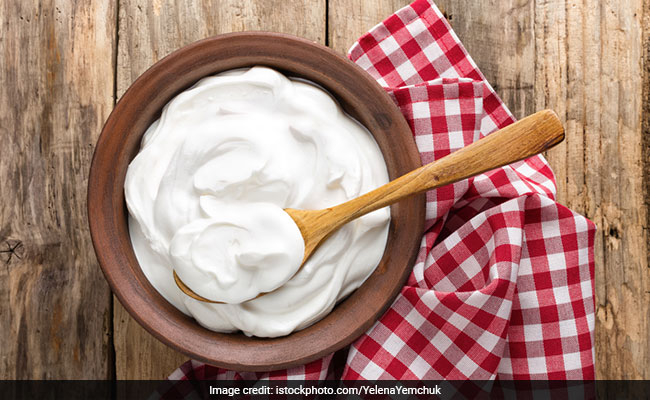Yoghurt reduces the risk of a heart attack by up to 30 per cent in people with high blood pressure, new research suggests, according to Daily Mail.
Eating at least two servings of yoghurt a week lowers the risk of women with hypertension suffering a cardiovascular event, such as a heart attack or stroke, by up to 30 percent and men by 19 percent, a study found.
Researchers believe a combination of natural yoghurt’s fermentation and calcium content benefits at-risk people’s hearts.
Previous findings suggest calcium plays a role in the normal contraction and relaxation of the heart, while probiotics, which are found in fermented foods, have been linked to reduced blood pressure.
Study author Justin Buendia, said: ‘Our results provide important new evidence that yoghurt may benefit heart health alone or as a consistent part of a diet rich in fiber-rich fruits, vegetables and whole grains.’
How the research was carried out
The researchers analysed 55,898 women aged 30-to-55 and 18,232 men aged 40-to-75.
All of the study participants had high blood pressure and were followed for up to 30 years.
The participants completed food questionnaires, which the researchers used to estimate their average yoghurt consumption.
Vitamin D is an ‘inexpensive solution’ to heart drugs
This comes after research released last month suggested vitamin D is an ‘inexpensive solution’ to drugs as scientists discovered the sunshine supplement repairs and prevents damage to the heart caused by diabetes and high blood pressure.
Vitamin D stimulates the production of nitric acid, which is involved in regulating blood flow and preventing the formation of blood clots, according to the first study of its kind.
It also reduces ‘internal stress’ in the cardiovascular system, which could avoid heart-related incidents, the research adds.
Study author Dr Tadeusz Malinski, said: ‘There are not many, if any, known systems which can be used to restore cardiovascular cells which are already damaged, and vitamin D can do it.
‘This is a very inexpensive solution to repair the cardiovascular system. We don’t have to develop a new drug. We already have it.’
N.H.Kh

